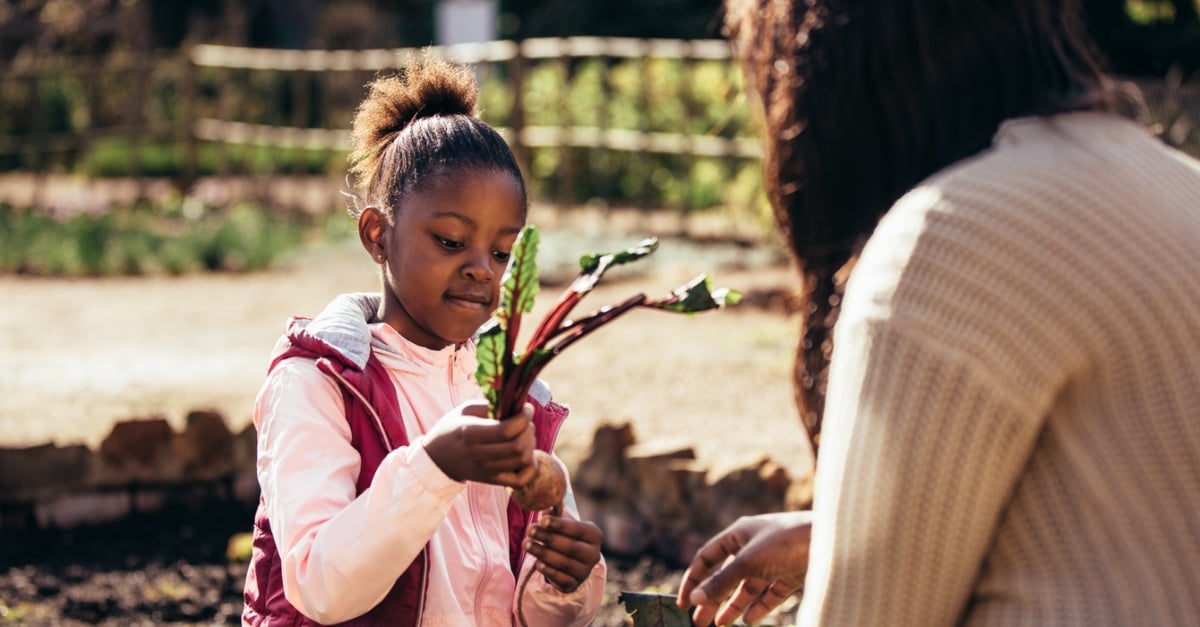
There is nothing worse than putting time, thought, and sweaty labor into a lawn or home garden to have it attacked by insects and weeds. Fine — there are lots of things worse than crabgrass in your yard or aphids on your flowers, but when it comes to recreational landscaping and gardening, it’s hard not to take these pests as personal attacks on our efforts. My knee-jerk reaction is to kill and destroy these intruders. However, I don’t want to do it at any cost. I care too much about our planet and worry too much about the dangers to my kids, myself, and my dog to use toxic and harmful chemicals to achieve my gardening goals. Initially, it may take a little extra effort to find alternative ways to defeat invasive pests and keep your plants alive, but it is worth it.
There is no shortage of pesticides marketed to us with the promise of lush and fruitful growth. Pesticides include insecticides, fungicides, herbicides, and other products meant to kill rodents and bugs and diseases. These chemicals can increase plant growth and yield — but at a cost. Pesticides also pollute our air, water, and food — both plants and animals. Cross-contamination harms nontargeted plants and animals, and overuse can lead to resistance and the creation of super-pests. Pesticides cause respiratory and reproductive problems, neurological damage, and cancer in humans.
The good news is that there are plenty of natural ways to destroy or control noxious weeds and annoying insects without poisoning your family or hurting the environment.
Lawn Care
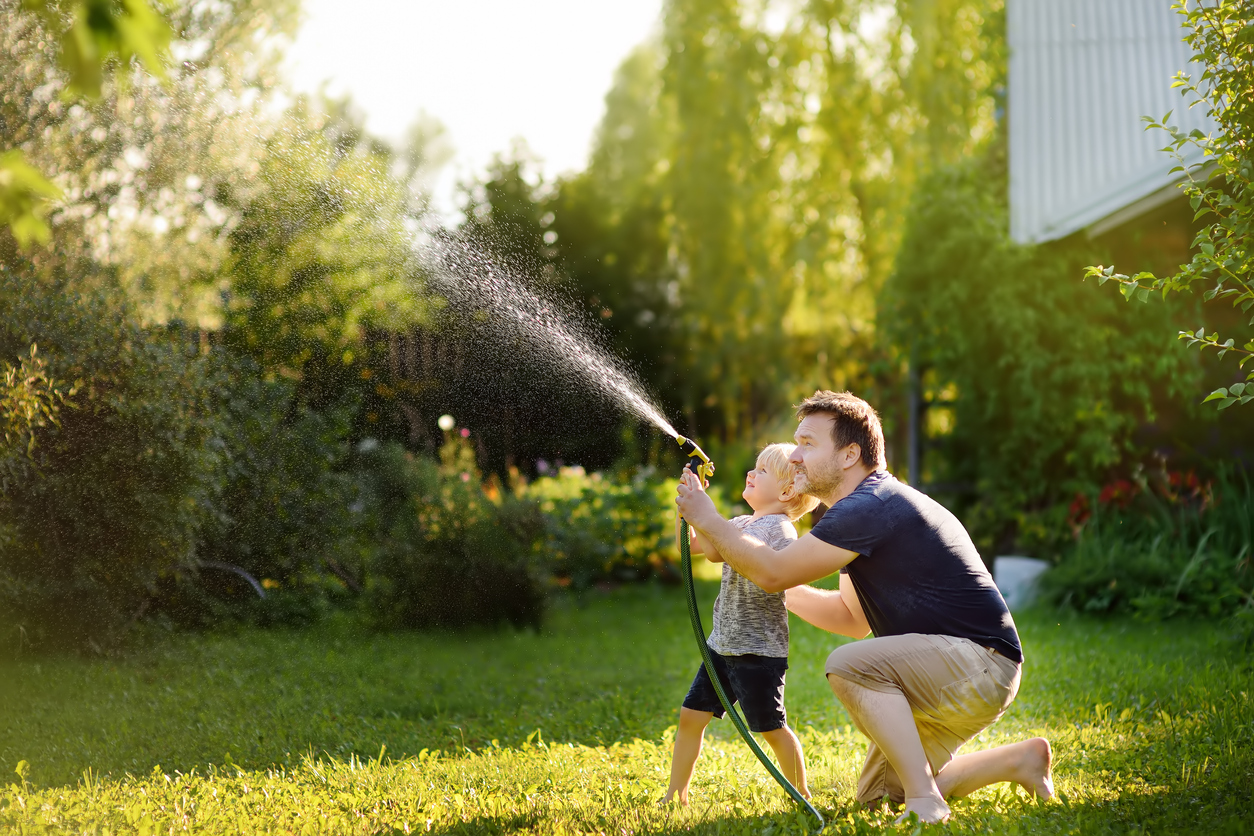
A healthy lawn naturally keeps pests at bay, but there are a few safe tricks to grow a robust yard. The use of natural fertilizers like animal manure or worm castings will provide soil fertility for thick and quick growing grass. It’s important to remember, however, that even natural fertilizers can cause some stomach irritation in our pets if they eat too much grass; call your vet if you are worried.
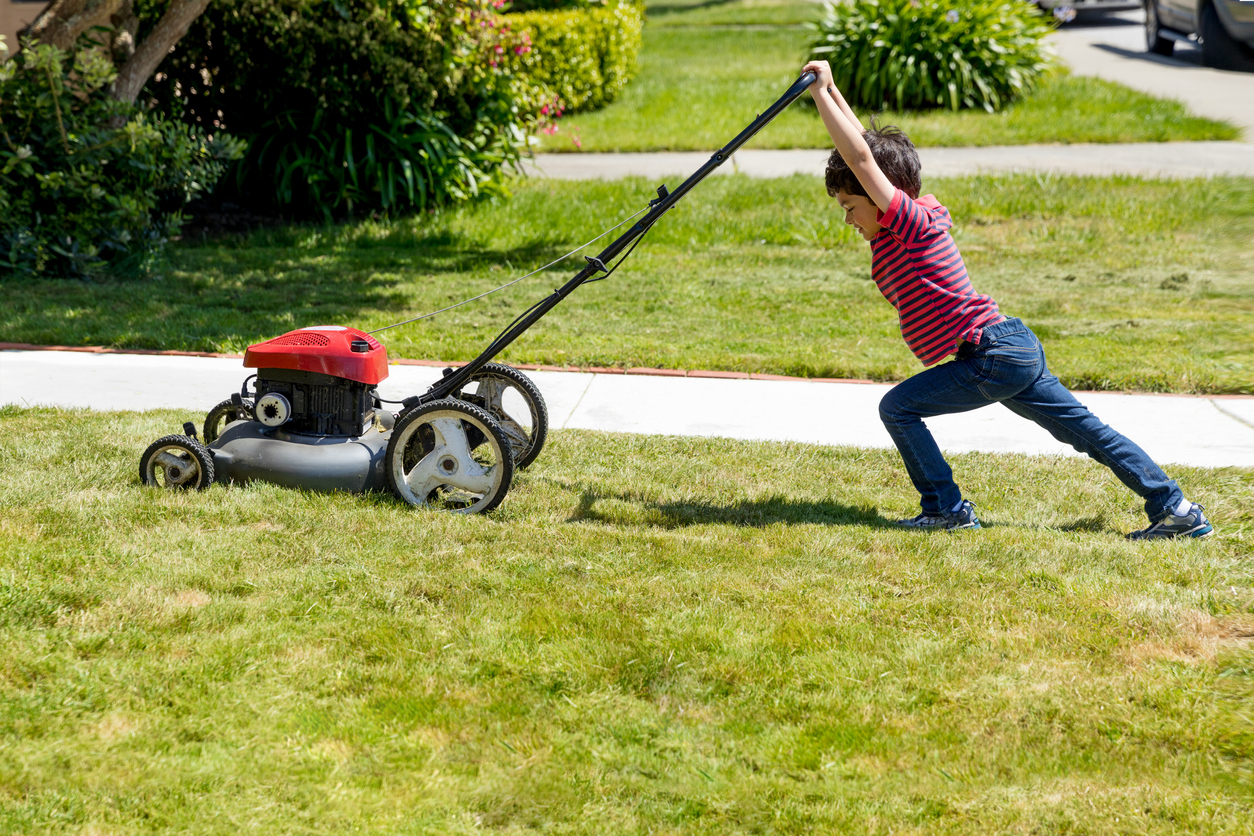
Keep your grass length high, and don’t mow until the length is an inch higher than the desired height. Cutting grass too short allows for more sunlight to reach the soil; this dehydrates the turf and encourages weed growth. A well, but infrequently, watered lawn will keep pesky crabgrass to a minimum, too. Shallow watering allows the invasive weed to thrive. Overseeding your lawn is another way to crowd out weeds.
Traps

Establishing traps instead of spreading or spraying poison to get rid of pests is a much safer — and sometimes more humane — way of keeping chipmunks, skunks, moles, slugs, and beetles out of your yard. Bait can vary, but the use of different-colored sticky tape, food, scents, or pheromones can attract all kinds of pests into traps without the need to spray harmful chemicals to kill them.
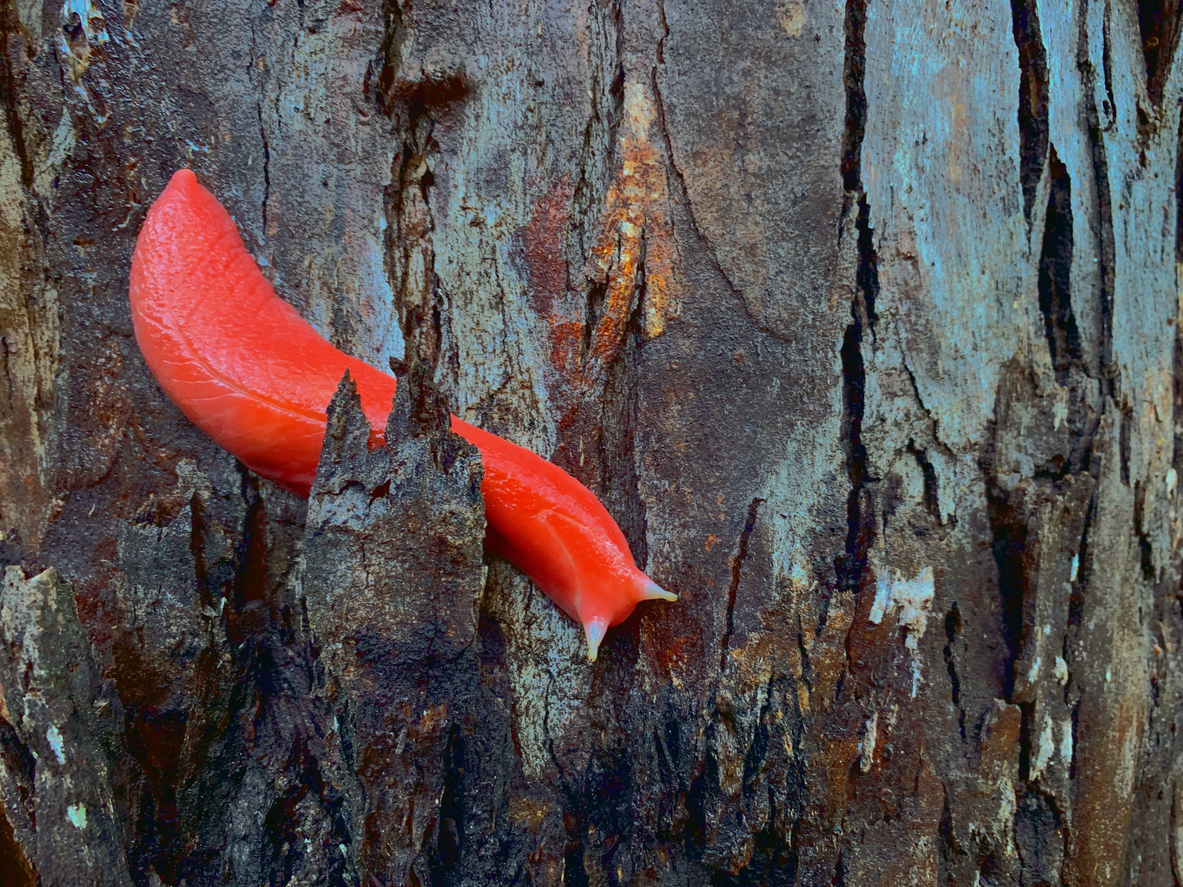
To combat slugs in my garden, I place shallow bowls of beer on the ground near but not right next to the plants they like to munch on. I use bags lined with pheromones meant to lure and trap Japanese beetles. Both are inexpensive, safe, and effective ways to reduce plant damage. And instead of mothballs or other poisonous bait, Havahart traps are available, as are spring-loaded rodent traps.
Predatory Insects

Not all insects are the enemy. Lacewings, ladybugs, praying mantises, beneficial nematodes (tiny worms), and parasitic wasps and flies are all great examples of insects that we want in our gardens to keep away pests that eat our flowers and vegetables. Aphids, mites, caterpillars, thrips, and cutworms are no match for these natural defenders.
Natural Herbicides and Pesticides
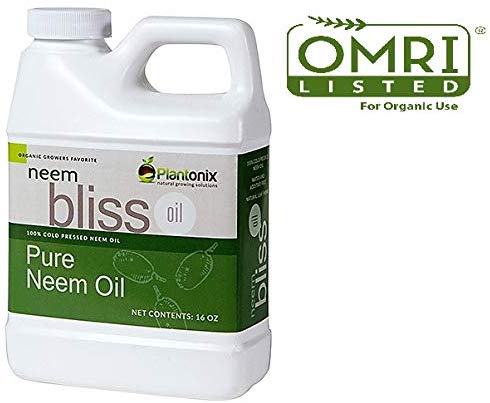
When it comes to sprays or granules that can be used to protect our plants from pests, there are plenty of eco-friendly options to buy at garden or hardware stores. Horticultural oils like neem oil and homemade sprays made with soap or vegetable oil are effective in killing insects because the oil coats their bodies and suffocates them. Some people swear by garlic and chili pepper sprays, but they are more likely to repel insects than kill them; homemade versions are great deterrents, though.
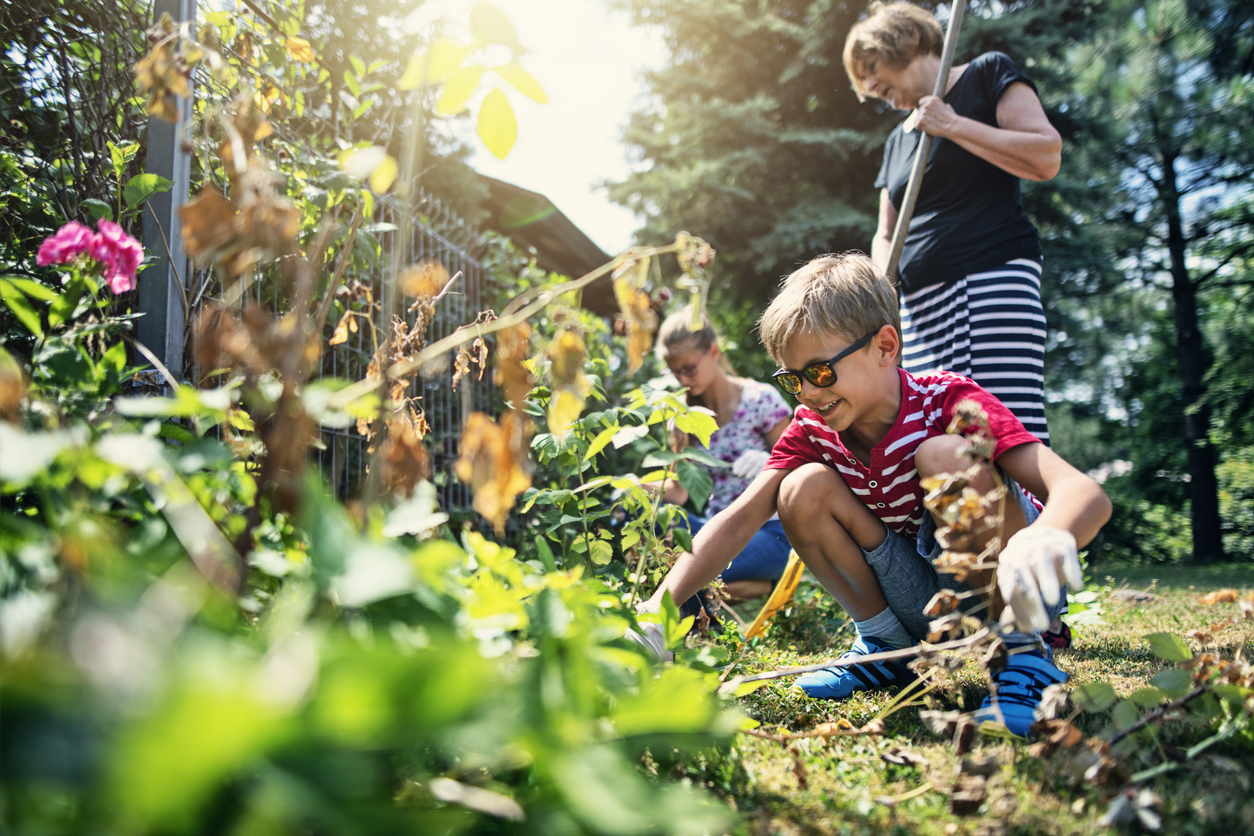
One of the best weed killers is manual labor. Pulling weeds by the roots, adding mulch to flower beds, or laying biodegradable weed covers in the garden are alternatives to sprays. Homemade sprays using Borax, salt, or vinegar are safe and effective options, too. However, these ingredients can harm other plants and damage soil, so be sure to just add the mix directly to weeds' leaves without letting the solution soak into the ground.
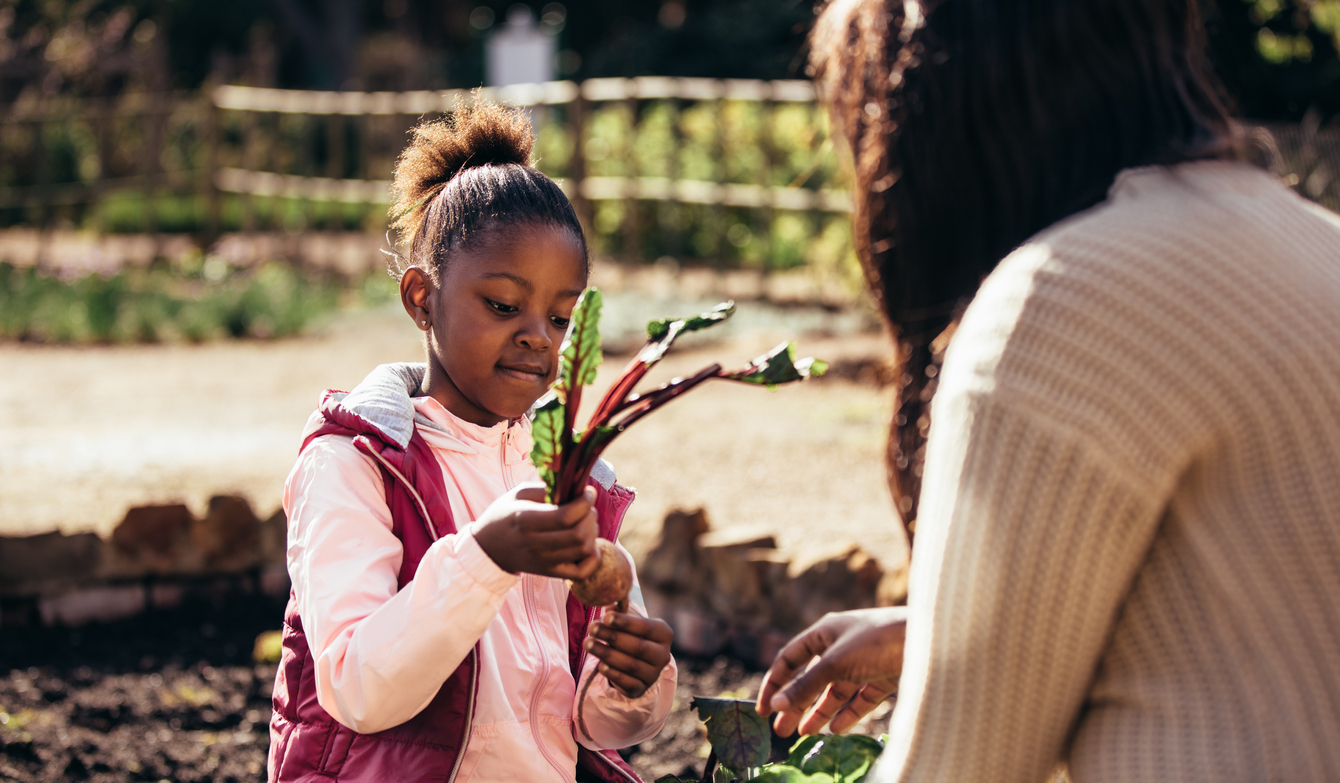
Don’t turn gardening into chemical warfare. Creativity and forward-thinking will go a long way to keep you, your family, and your pets safe while using nontoxic pesticides in your yard.
Happy gardening!




